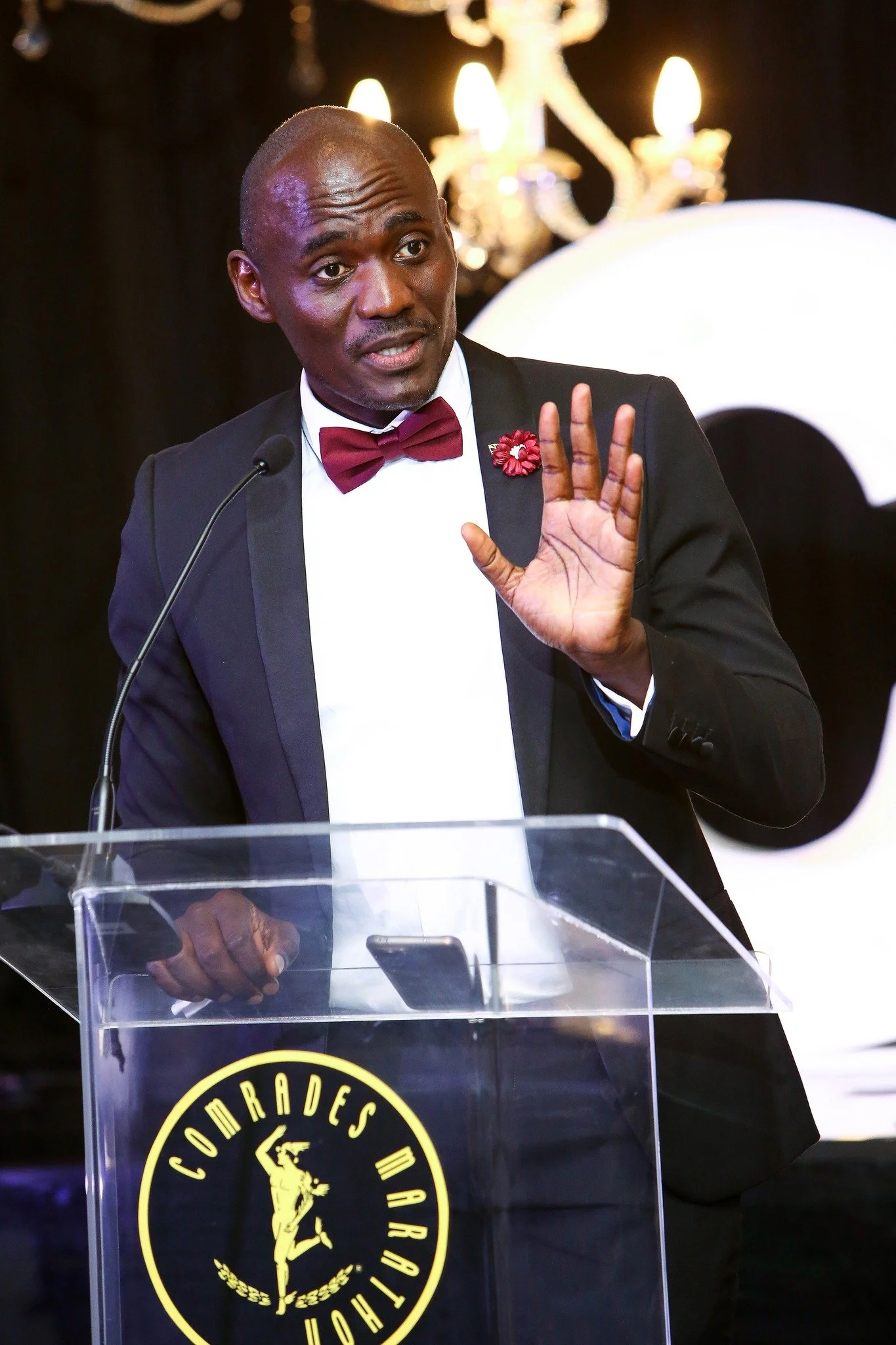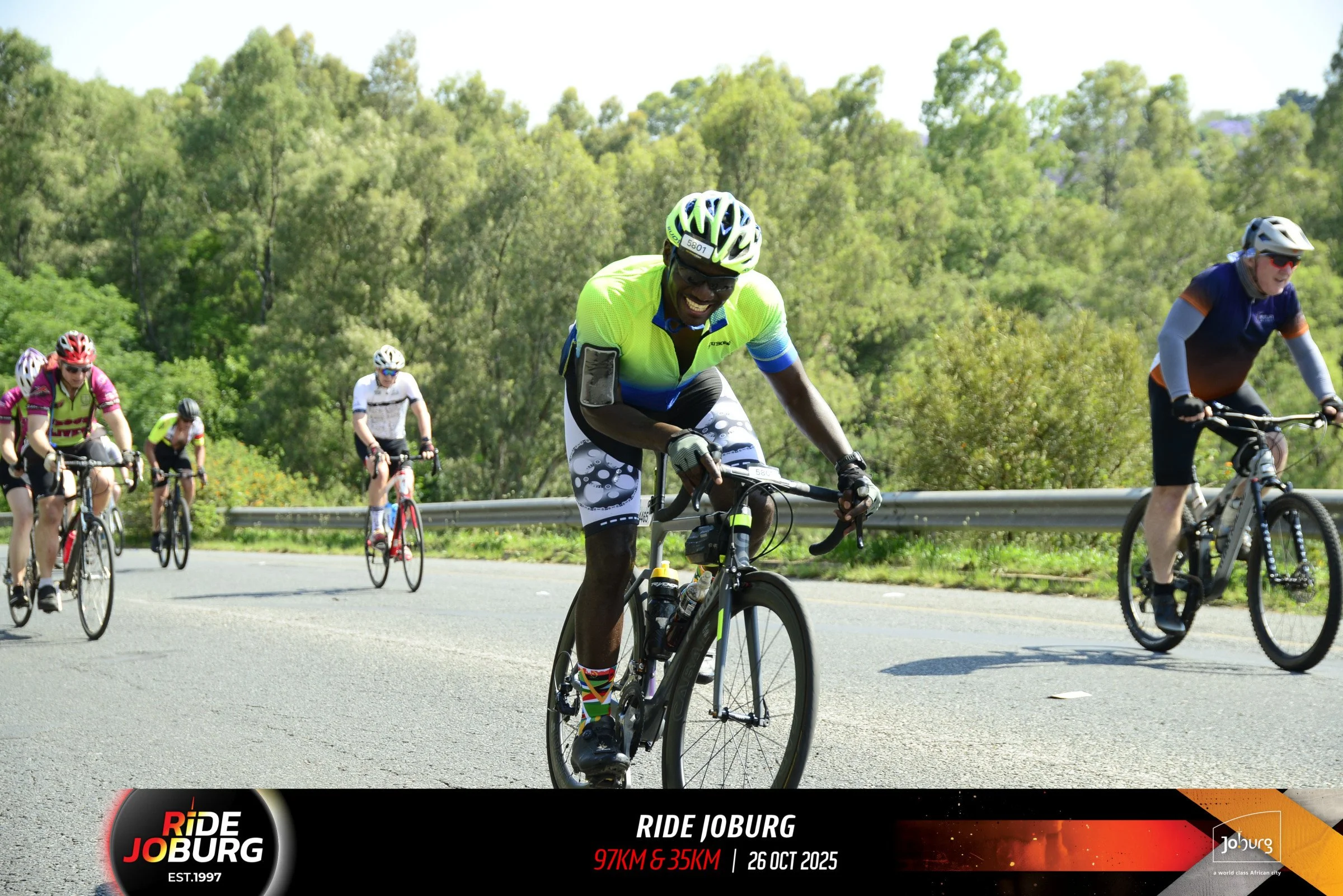From Rwanda to South Africa, Pie-Pacifique’s Journey of Resilience and Hope
In his biography, ‘The Rwandan Tragedy to Healing in South Africa’, Pie-Pacifique Kabalira Uwase introduces his story with a moving scene, he is seated next to Graça Machel and just a table away, is Nelson Mandela. Over the course of that lunch, his story moves Graça to the point that she makes him promise to document it.
This interaction encapsulates the impact of Pie-Pacifiques story – it is one of human resilience, one that embodies determination and the power of a dream. When you encounter Pie-Pacifique, his demeanour is one that is humble, curious and attentive. This is what stuck with me after our first “conversation”. I had hastily described a book I had read to him and three other people, and he proceeded to ask me in what ways I resonated with the character. In what felt like a moment of chaos, I suddenly felt grounded, retracing the journey of Jennifer Nansubuga Makumbi’s ‘Kirabo’ and reflecting on how I saw myself in her misadventures in the book, ‘The First Woman’.
When describing his own journey, Pie-Pacifique says, “I have been blessed with an amazing story.” When he was fourteen, Pie-Pacifique found himself in a situation many fourteen year olds would never imagine, the 1994 Genocide Against the Tutsi. Six years later, he was forced to leave his family and homeland. When he left Rwanda, he was headed to Tanzania, with the goal to ultimately end up in Canada, but he was scammed and forced to re-evaluate his steps. Coming from a Francophone background, his next course of action was to head to Madagascar, a French-speaking country, but after arriving in Mozambique he soon discovered that it was a much more complex undertaking than he had anticipated. His next option was to head to neighboring Swaziland, but after another failed attempt, he finally made his way to South Africa, making a final stop in Durban.
For a young adult, who had just been separated from his entire family in the worst possible circumstances, his persistence intrigued me. When I asked him what pushed him to keep going, he fondly retold the story of an uncle who inspired him as a child. “I grew up aspiring to be as wealthy and as generous as my uncle was. So I wanted to do well in my life so that I can have the means to be generous.” As an academically talented student, Pie-Pacifique saw education as a means to this end. “When I left [home] my intention was wherever I'm going to end up, I'm going to study.”
Photo: Comrades Marathon Association
Pie-Pacifique went on to accomplish this feat, despite the odds being stacked against him. Today, the UNHCR reports that only 7% of refugee students have access to tertiary education, at the time Pie-Pacifique was attempting to pursue his studies, the percentage was well below 1%. Starting out as a car guard in Durban, Pie-Pacifique worked to improve his English, and gain admissions into the University of KwaZulu-Natal.
Reflecting on the resilience it took to achieve this, he says, “I can decide how to be irrespective of the circumstances around me, and that gives me the opportunity to choose my mindset and my actions thereafter.”
In this fight to access education, he broke barriers for himself and others that followed, becoming the first refugee student to be granted the privilege of applying for a student loan at the school for his undergraduate studies. “What I learned from that is that you might be fighting for yourself, but actually you are bringing to the fore principles that have been overlooked by systems. And if you are persistent enough, you might be successful in not only opening the gates for yourself, but actually for many others behind you.”
Pie-Pacifique went on to complete his undergraduate studies and proceeded to become a Mandela Rhodes scholar and a leading voice on the continent. Today, he is lending this voice to not only honor the journeys of others who came from similar backgrounds as his, but paving the path forward, for many who still hold dreams in their hearts for better futures.
This year, he ran the Comrades Marathon, tackling an impressive 90 kilometers! What started as a personal challenge, became something bigger than himself. Before he ran Comrades, he realised that the distance he would run in the ultramarathon mirrored a similar path he journeyed on during the genocide, from Kigali to Musanze and back, running for his life. “I decided to run willingly for the time when I was forced to, and of course, along that way we ended up in an ambush, and people were shot and killed along the way. And so I thought, I'm going to remember these people with whom I shared this journey, and so I ran.”
Photo: 94.7 Ride Joburg
When I asked what he would say to students who are in the same position he was in many years ago as a car guard in Durban, longing for a shot at education, he shared a powerful summary of what kept him going. In the area where Pie-Pacifique used to work was a long and narrow street lined with tall buildings, and at the end of it, a hill where a tower stood. That tower was the University of KwaZulu-Natal’s Howard College building. Every time he would collect his uniform, he would look up at that tower and say to himself, “I am a car guard today, but I am coming”.
“So what would I tell that student is, don't look at what is not there. Look at what it is that you want, and believe that is really yours. And now the question I ask people whenever I speak is, ‘What is your tower? What is the tower that you are looking at?’”
In our conversation, Pie-Pacifique recalled a recent moment where he returned to Durban, not as the car guard with what felt like a dream in the distance on top of a hill, but being honored for his achievements. If there is one lesson we can all take away from his story, it is that taking one step at a time today can make all the difference.
“Sometimes we believe that creating big things means to do big things. Actually, we create things by doing the next step, however small the next action, and I can tell you the next action sometimes, is a letter that you're going to write, or maybe a pen that you're going to borrow so you can write that letter. That action will create another action, and if you do this series of actions that really, really are yours to do, you will end up creating big things.”
Read Pie-Pacifique’s biography here.


